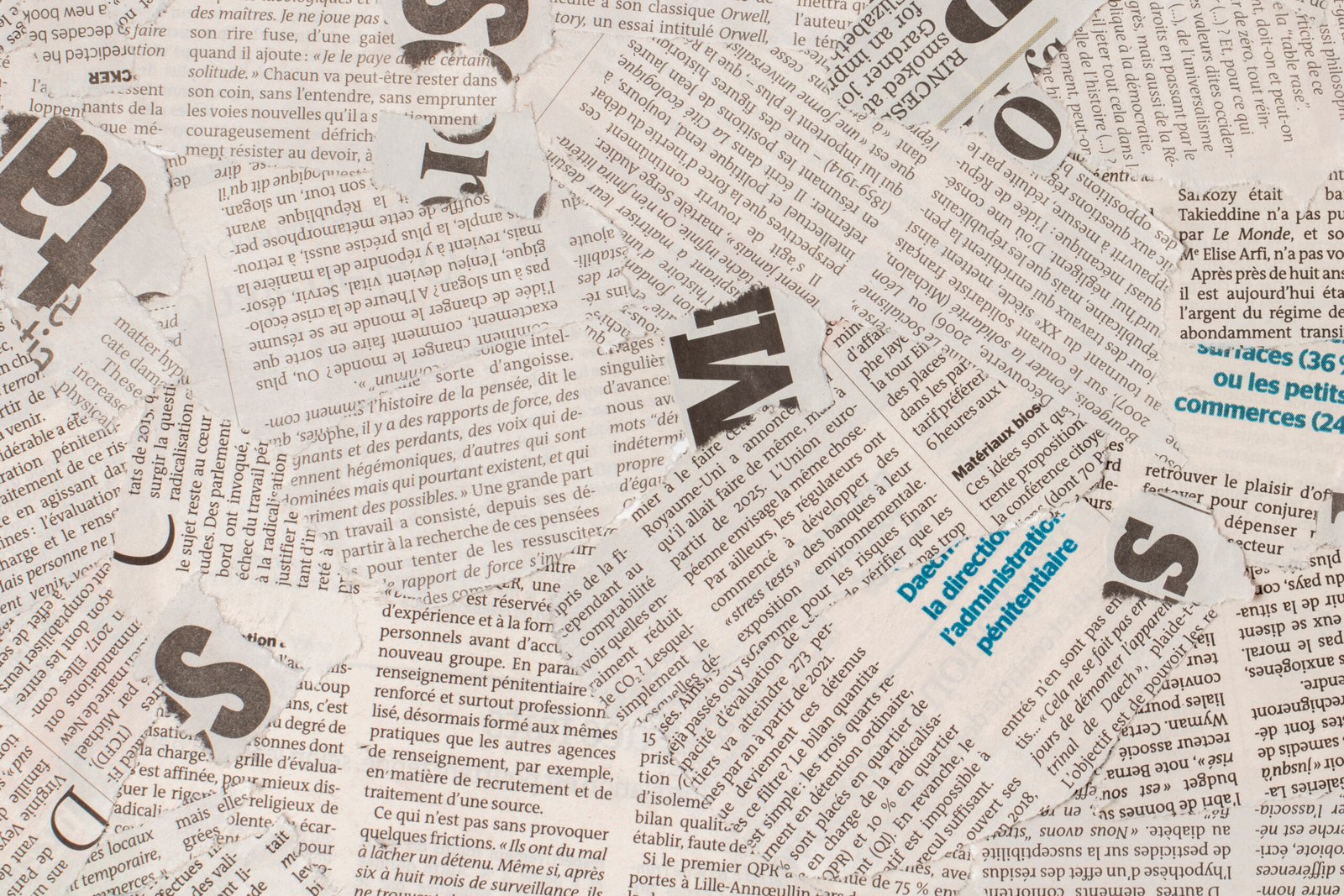The 4th pillar, ‘Media’, the backbone of democracy, is currently facing challenges from the sensational world. Industrialization and globalization indeed showed up as a revolution, leaving an impact on the masses, but, it also was the cause of the advent of various things. Various aspects were affected by the rapid industrialization and media wasn’t also left untouched by this phenomenon. The advent of Yellow Journalism in the media sector has changed the whole sphere of the profession and the way a person perceives news. Journalism is not only a noble profession but a social service that aims to inform, educate, and enlighten the public about the issues that matter to them the most. However, journalism nowadays is facing many ethical dilemmas that challenge its credibility, integrity, and social responsibility.
Yellow Journalism: An Era of Sensationalism
Yellow journalism was a term coined in the late 19th century to describe a style of journalism that used eye-catching headlines, sensational stories, and dubious sources to attract readers and increase circulation. Yellow journalism often distorts or fabricates facts, exploits emotions, and appeals to prejudices.
Initially, yellow journalism was mainly driven by the fierce competition between two newspaper publishers, Joseph Pulitzer and William Randolph Hearst, who wanted to dominate the market and influence public opinion. Now, with the rise of the Internet and social media, the craving for more traffic and more audience to gain more profits has paved the way for sensational journalism. In recent times, journalism is a business more than a social service. Increasing competition and hunger for more followers have crafted a path for media, celebrities and influencers to sensationalise their content to sell more. The recent hoax of Poonam Pandey shows how influential personas play with people’s emotions, fool them by sensationalising news and playing cheap tricks.
What is an Ethical Dilemma?
Ethical dilemmas in journalism are situations where journalists have to make difficult choices between competing values, principles, and interests.
Avoiding sensationalism and clickbait in this digital age has arrived as a need and transformation for society but the competition for attention and revenue has intensified, leading some media outlets to resort to sensationalism and clickbait. Sensationalism is the use of exaggerated, emotional, or scandalous language, images, or headlines to attract attention and provoke reactions. Clickbait is the use of misleading or incomplete headlines or teasers to entice users to click on a link or watch a video. These practices have the potential to undermine the integrity and value of journalism, as they prioritize entertainment over information and quantity over quality.
The Poonam Pandey hoax can be seen as an example of yellow journalism, as it used sensationalism, deception, and exploitation of emotions to attract attention and publicity. The hoax also violated many of the ethics of journalism, such as:-

- While Pandey may have had a noble intention of raising awareness about cervical cancer, she did so in a dishonest and manipulative way that undermined her credibility and the credibility of the media outlets that reported her death.
- Pandey’s hoax also exposed the vulnerability and responsibility of the media and the public in the era of fake news. Many news outlets and social media users reported and shared Pandey’s death without verifying the source, the authenticity, or the motive of the information.
- Pandey may have argued that she had the right to use her own life and death as a tool for her campaign and that she did not harm anyone else’s privacy or interest. However, she also ignored the impact and the implications of her hoax on the public and society, especially on the people who are affected by cervical cancer. She also exploited the public’s interest and curiosity in her personal life and used it for her own benefit and publicity.
Impact
- This practice of journalism is eroding trust in the media and the institutions.
- This practice can exploit the emotions, biases, and prejudices of the people, and create or reinforce stereotypes, hatred, and intolerance towards different groups of people, such as based on their ethnicity, religion, gender, or political affiliation.
- It spreads misinformation and disinformation that can have harmful consequences.
Escape from the Chaos: Steps to Prevent Spread
- Read beyond the headlines to understand the full story.
- Do a thorough investigation of the source of the news or story.
- Don’t be too emotional when you read any story or news online.
- Use fact-checking tools and websites to verify the information.
- Educate yourself and others about media literacy and critical thinking.
Remember, as countrymen, it’s our responsibility to escape from this chaos and net of lies, in order to promote and maintain the well-being of democracy. Hence, it becomes essential to be an aware citizen of the nation.

























